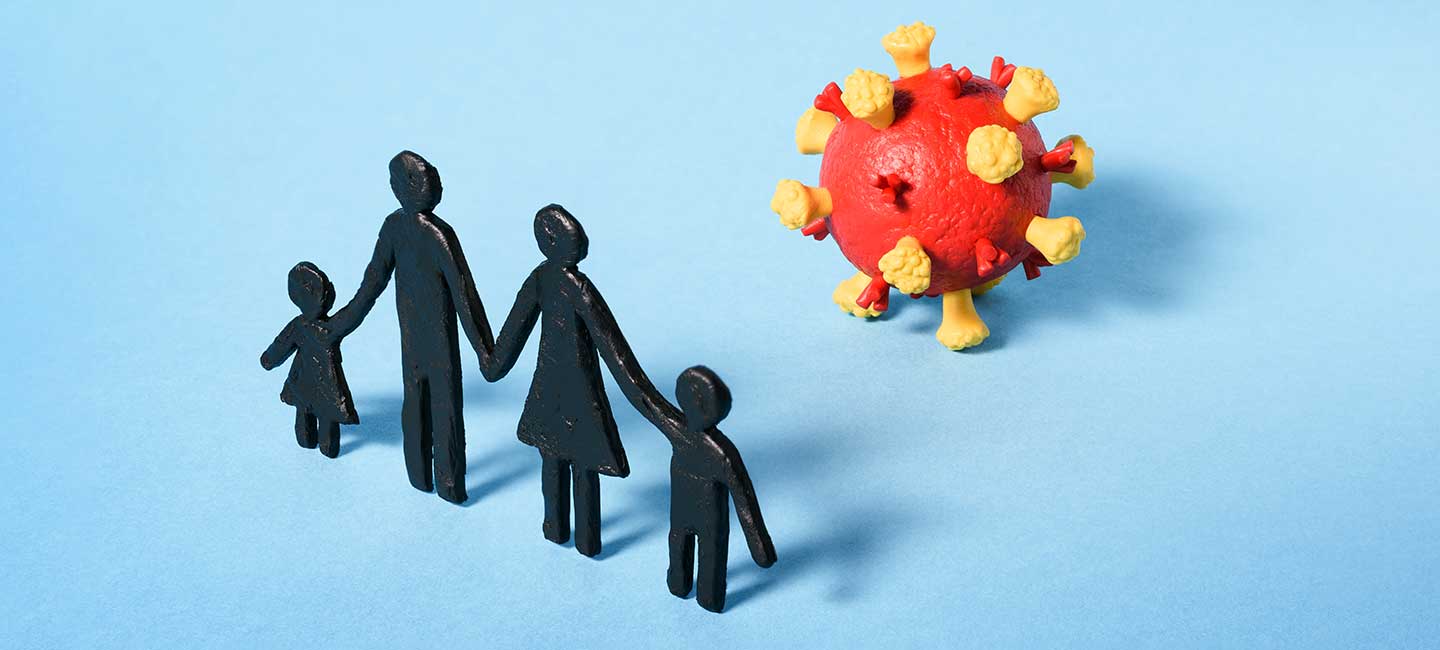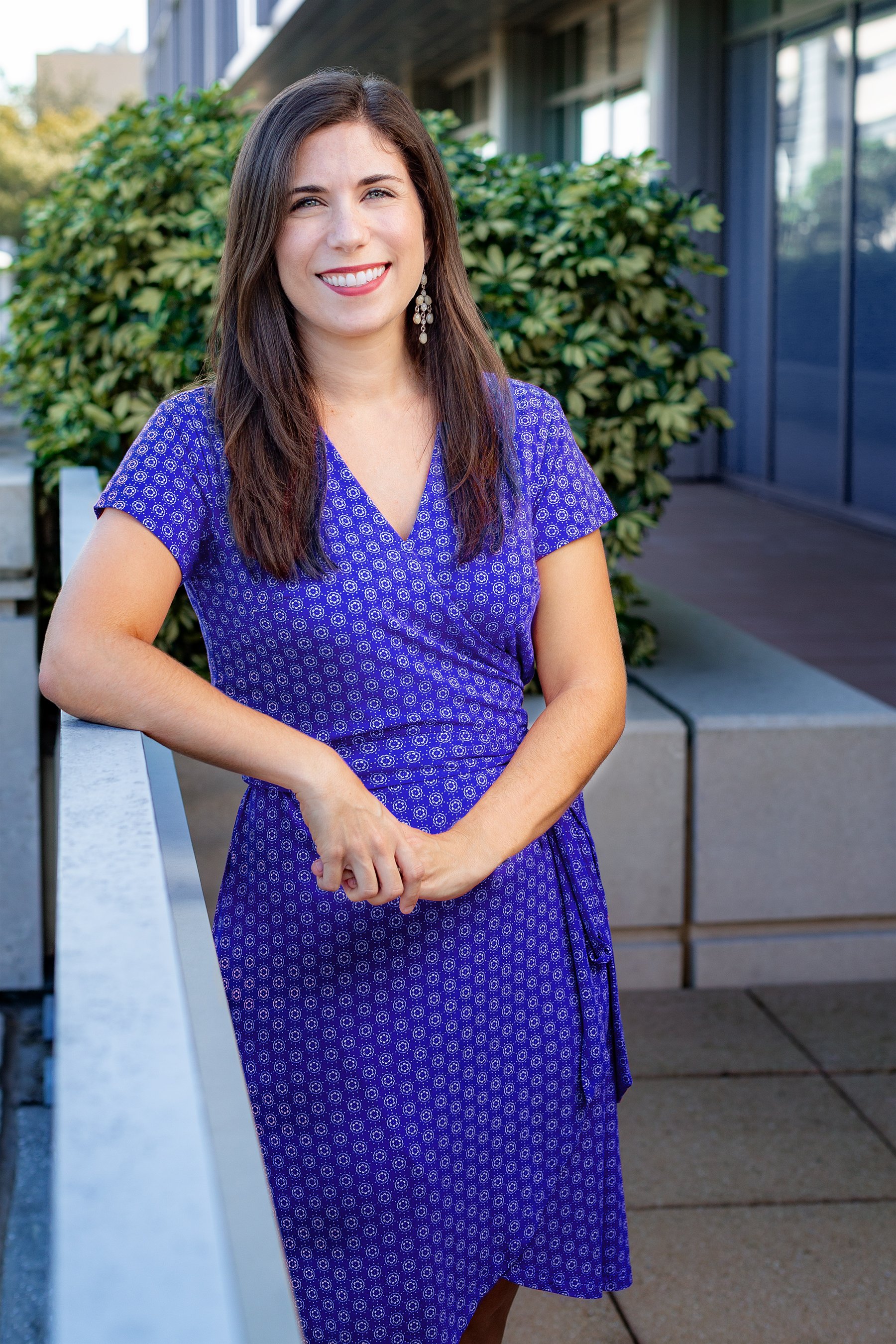What Does a COVID-19 Exposure Mean?
This weekend, Hillsborough County Schools Superintendent Addison Davis announced on Twitter that he is self-quarantining after an exposure to someone who tested positive for coronavirus. But many still don’t fully understand what constitutes as a coronavirus exposure, and what you should do if it happens.
— Addison Davis (@AddisonGDavis) October 11, 2020
Who should quarantine?
According to the Centers for Disease Control, people who have been in close contact with someone who has COVID-19 should quarantine.
What counts as close contact?
The general rule of thumb is if you were within six feet or less of someone who has tested positive for COVID-19 for 15 minutes or more, it is considered close contact. All of the following are also considered close contact:
-

Dr. John Greene, chair of the Infectious Disease Department at Moffitt Cancer Center
Caring for someone with COVID-19 - Physical contact with someone with COVID-19 (especially hugging or kissing)
- Sharing eating utensils or drinking glasses with someone with COVID-19
- In the presence of someone with COVID-19 who sneezed, coughed or otherwise got respiratory droplets on you
According to Dr. John Greene, chair of the Infectious Diseases Department at Moffitt Cancer Center, if one or both individuals were wearing a mask, transmission is greatly reduced and may not constitute a significant exposure.
Should I quarantine or self-isolate, and what’s the difference?
Quarantine refers to keeping someone with a potential or known exposure away from others. Self-isolation refers to keeping someone who is infected with the virus away from other people, sometimes even in their own home.
How long do I quarantine?
Anyone who has had a coronavirus exposure should stay home for 14 days after the date of their last contact with the person who has COVID-19, even if you feel healthy, have a negative test or have no symptoms. Symptoms can appear anywhere from two to 14 days after exposure.
If I have already had coronavirus, do I still need to avoid potential exposures?
Based on current information from the CDC, those who have previously tested positive for COVID-19 do not need to quarantine or be retested after a subsequent exposure for up to three months, as long as they do not experience symptoms. If they do develop symptoms and there is no other identifiable cause, they may need to be tested again. Although there is limited information about reinfection with the virus that causes COVID-19, no confirmed cases of reinfection have been reported within three months of the initial infection.



